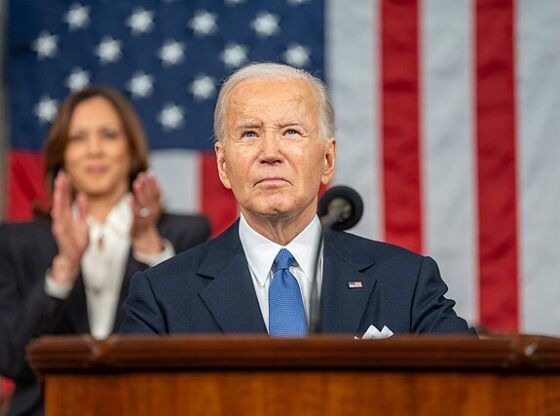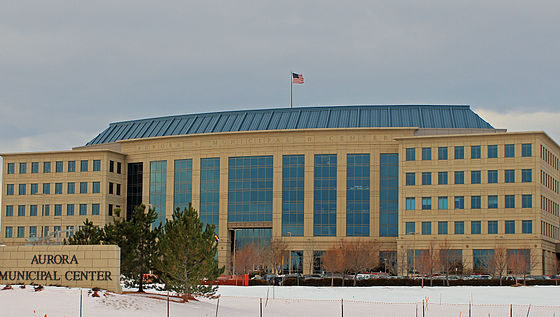The University of Denver is home to over 120 different clubs and organizations which provide community to students and faculty. However, some organizations seek to challenge the University and hold those with power accountable within the community. Divest DU (Instagram: @divest_du) is one of these organizations on campus challenging the policies of the University and wishing for it to stay true to its stated values of being a private university dedicated to the public good.
Divest DU’s demands are straightforward: that DU must remove any and all investments it currently holds in the fossil fuel industry, which currently totals $24 million worth of investments.
The leaders of Divest DU, senior President Claire Steffek and junior Treasurer Alejandro Carillo, provided answers as to why it is critical for DU to divest from the fossil fuel industry and why its investment in the fossil fuel industry is harmful and contrary to school and community’s values.
Steffek states that “as institutions of higher education, it’s on us to be leaders in research and in facts… it is infuriating that we turn a blind eye and ignore all of the facts [of global warming and the impacts of fossil fuels].”
Steffek adds that it is critical that divestment from fossil fuels happen as soon as possible, as the Intergovernmental Panel on Climate Change (IPCC) has stated that humanity only has approximately ten years to reverse course on fossil fuel usage to prevent global temperatures from rising beyond 1.5 degrees celsius and create an inevitable climate catastrophe.
Steffek says that contributing to the fossil fuel industry is an “extreme disconnect” from the stated values of the school, which claim it is dedicated to the public good, because “[fossil fuel investment] contributes to organizations that cause death and health issues for millions of people across the entire world… and impacts the most vulnerable communities.”
How far has Divest DU come in its work, and what is in store for the movement’s future? Carrillo says that the biggest step in the movement has been its legitimization by DU. Steffek and Carrillo have been able to meet with Chancellor Jeremy Haefner several times now, as well as two members of the Board of Trustees, Ed Anderson and Fred Aldeck.
“Being able to sit in front of two members of the board may seem like a normal occurrence to some people, but I don’t think it is because it means that our Chancellor does take us seriously and isn’t brushing us off even though he very much has the ability to do so,” states Carillo.
From these meetings with the Chancellor and members of the Board of Trustees, Divest DU has made strides in potentially convincing the administration to make changes, which include hiring an administrator of sustainability, creating a separate fund for donors to pledge money that does not contribute to fossil fuel investments and tagging a pledge of divestment to DU’s goal of carbon neutrality by 2030.
As a student-led organization, Divest DU wants students to join the movement for divestment from fossil fuels. When asked why it is important for students to be involved in the organization (or the campus movement for divestment in general), Carillo says that “we all want to be proud of where we went for four years of our lives… we want to be able to share the information we’ve learned from speaking with the administration to others.”
Carillo believes Divest DU can and should work with other organizations on campus in order to create a better DU that everyone can be proud to call their alma mater in the future.
Steffek says that in order to make divestment and a school to be proud of become a reality, people cannot let the issue of divestment from fossil fuels “be swept under the rug.” It is on everyone to keep the conversation about global warming and our contribution to it going.
Any student who wishes to be involved in Divest DU should keep an eye out for the bright orange banners and posters around campus, as well as to sign up through the CrimsonConnect application to get updates and emails about Divest DU events. DIvest DU meetings are held in the Anderson Academic Commons on Tuesdays at 6:00 P.M. MT every week.
Through more student participation and attention to the movement, a greener DU can be possible.











